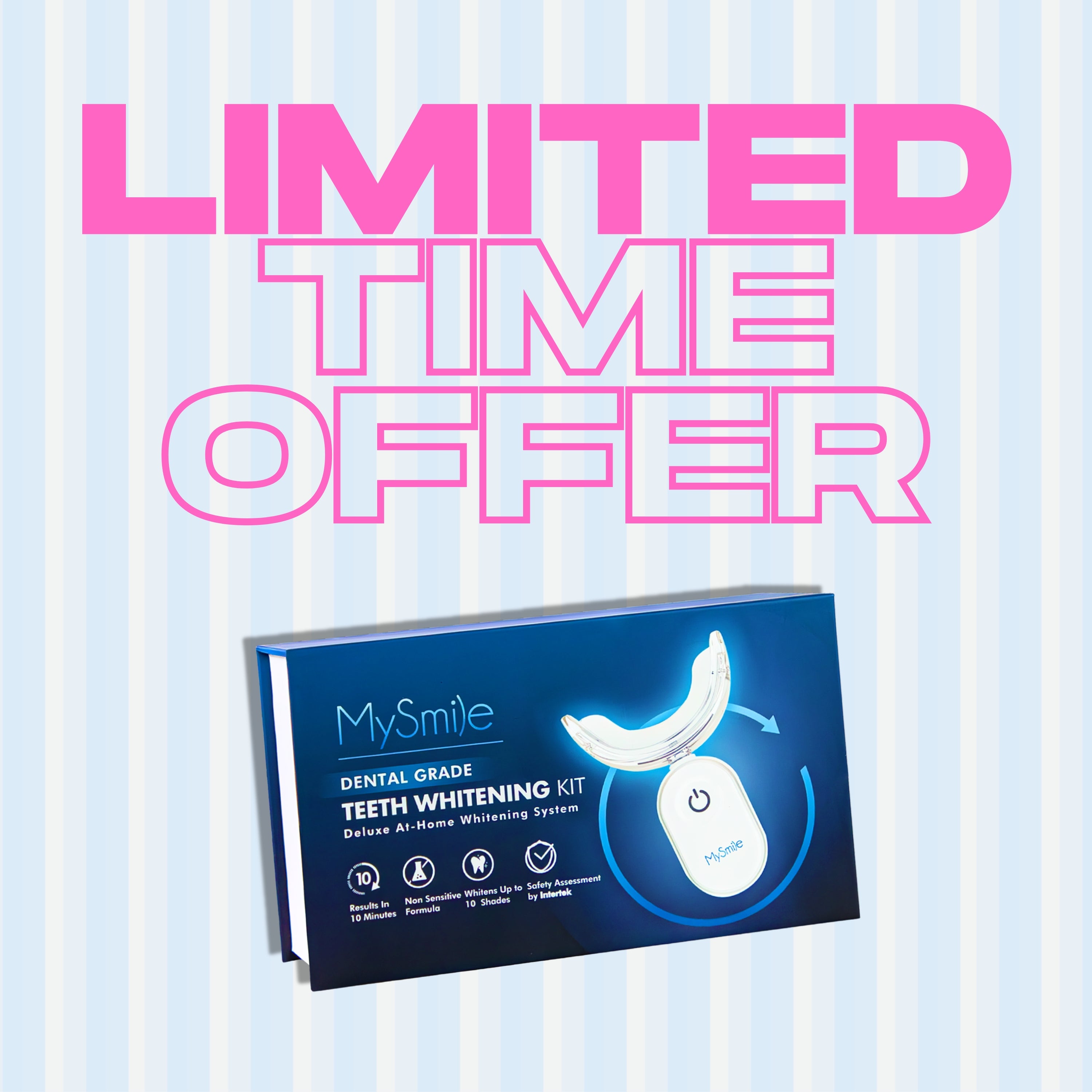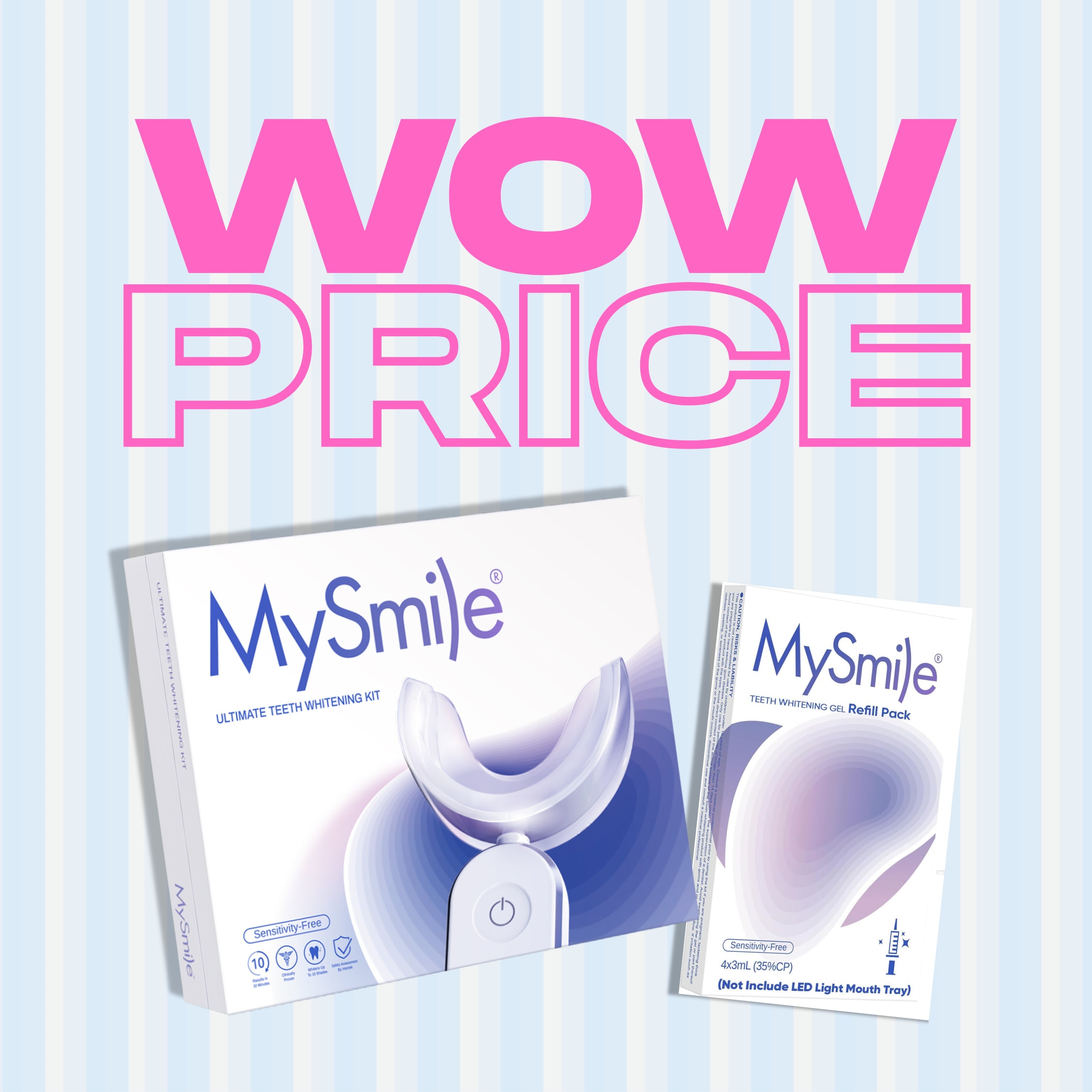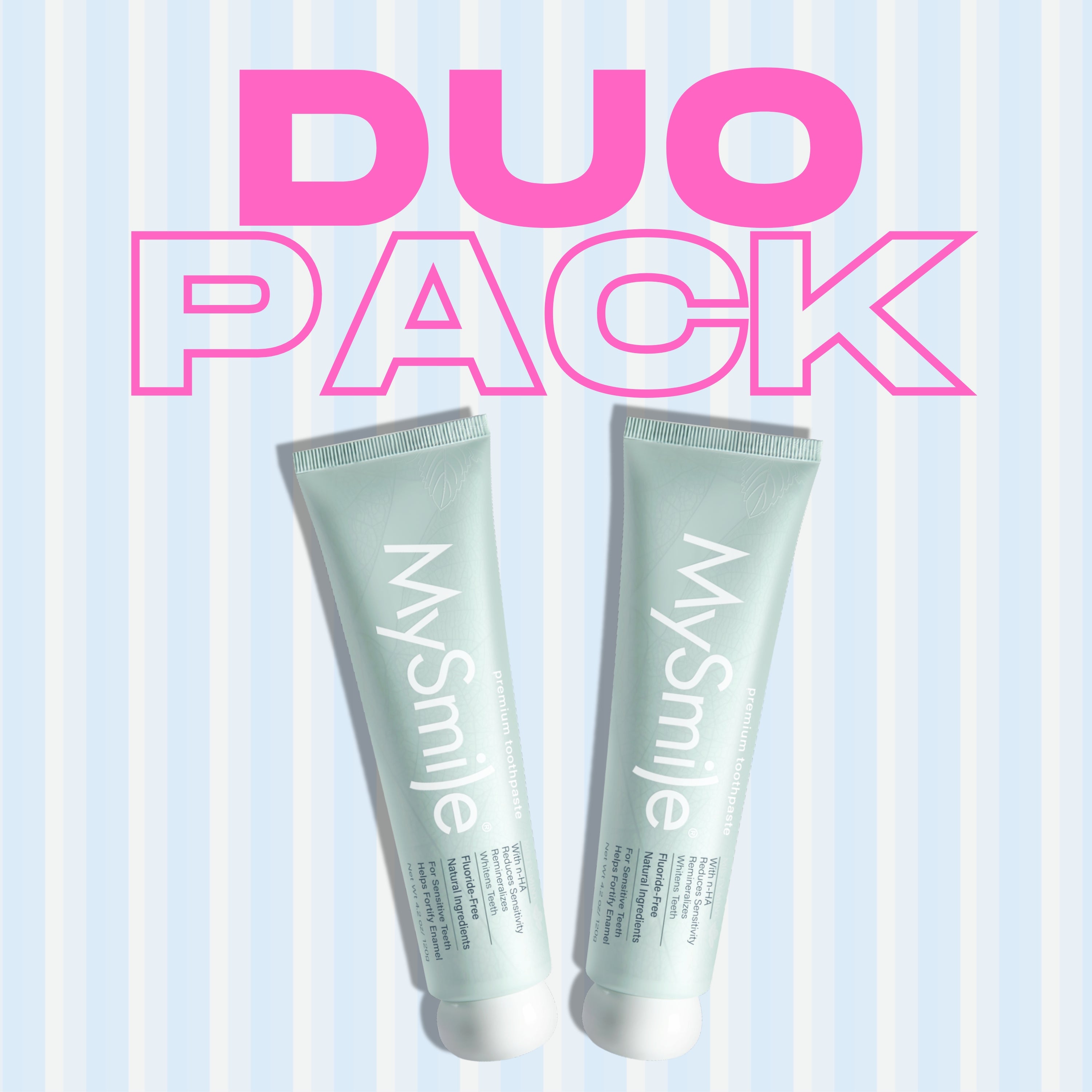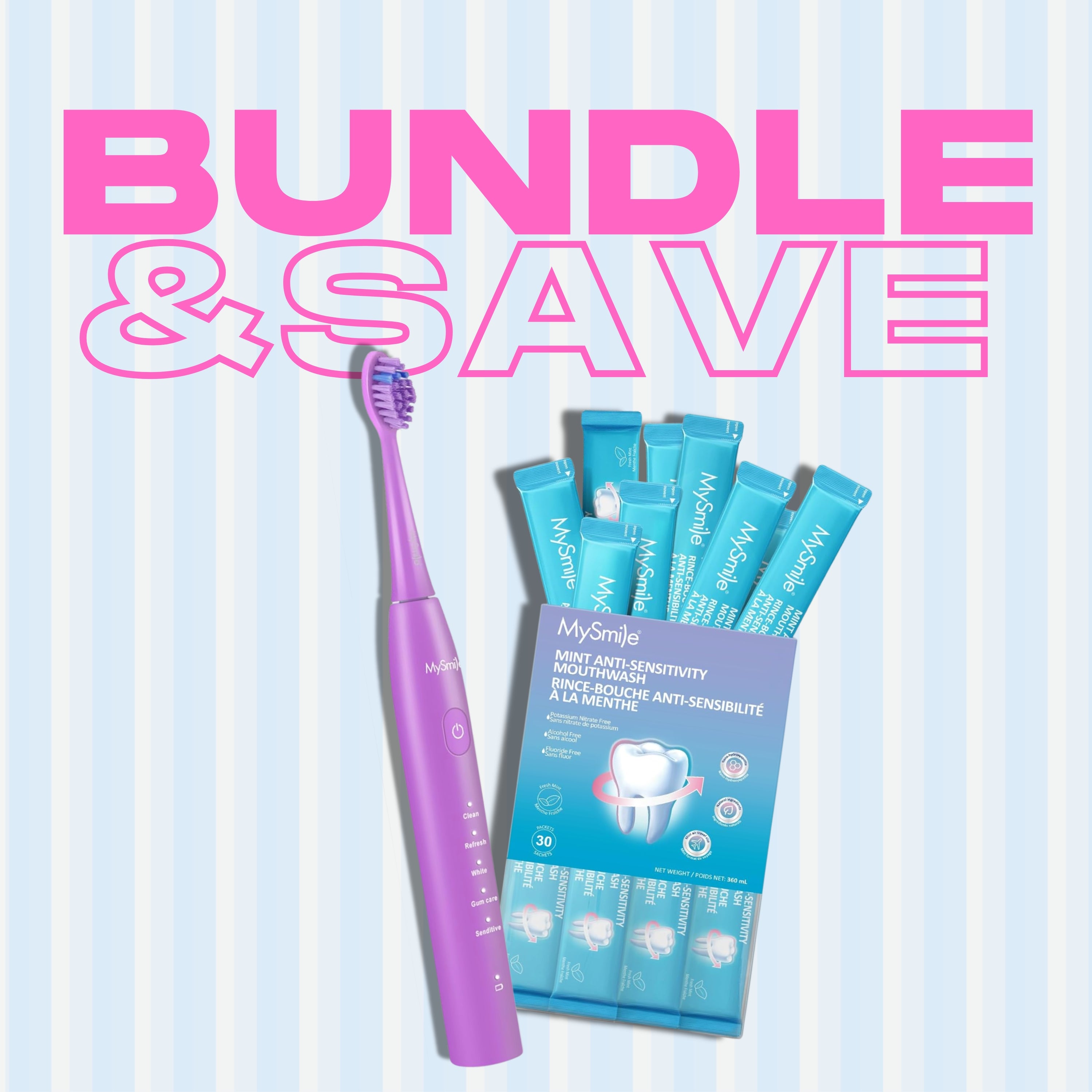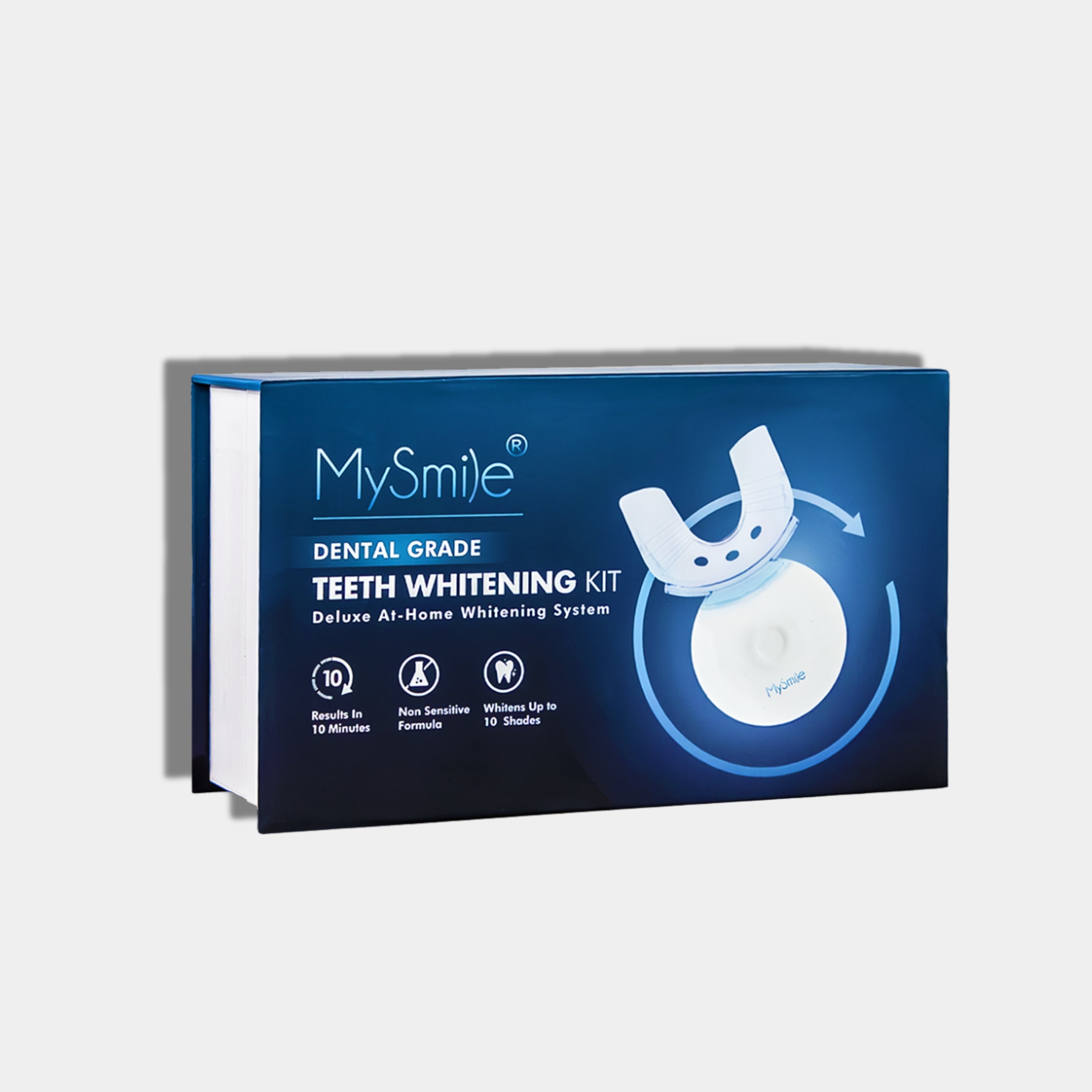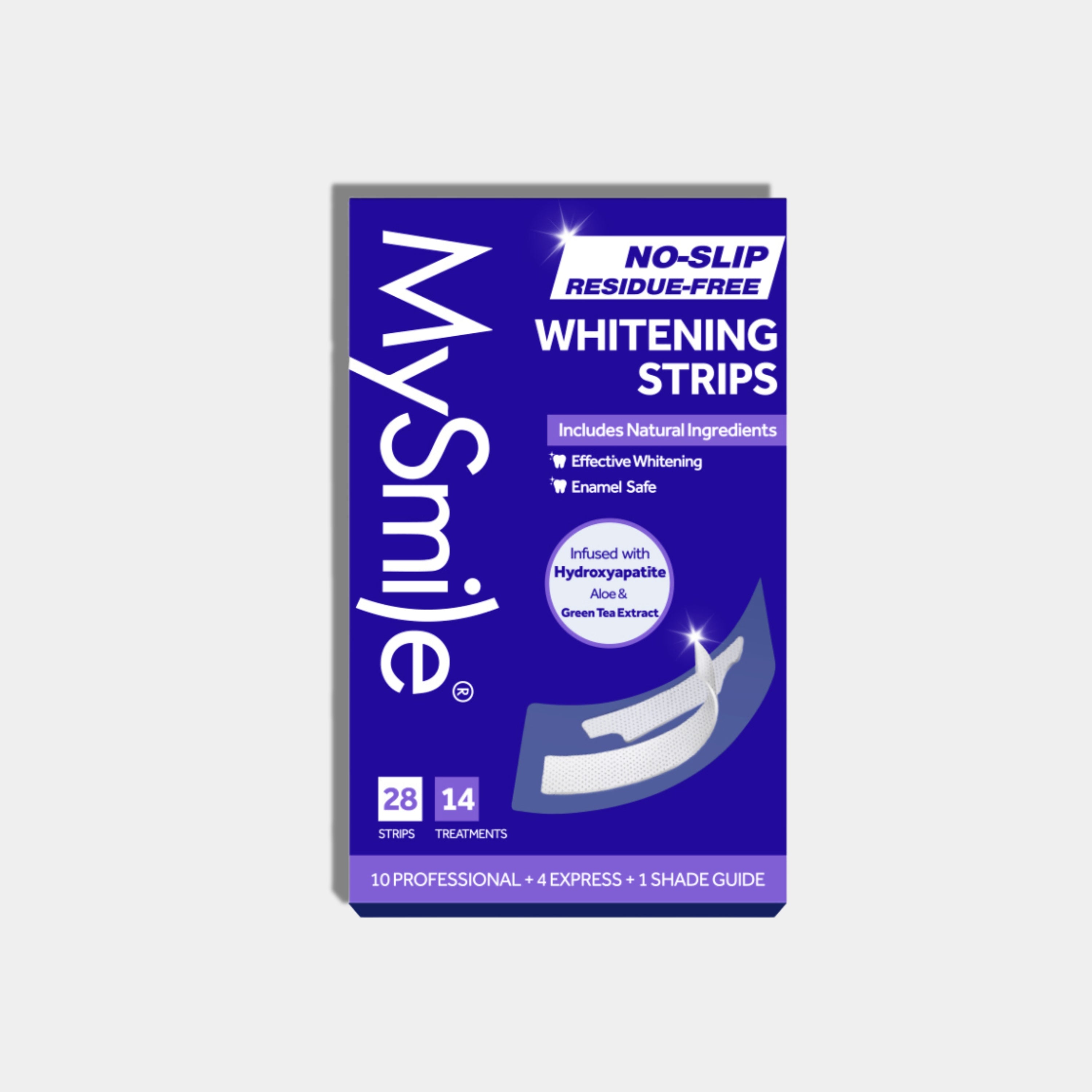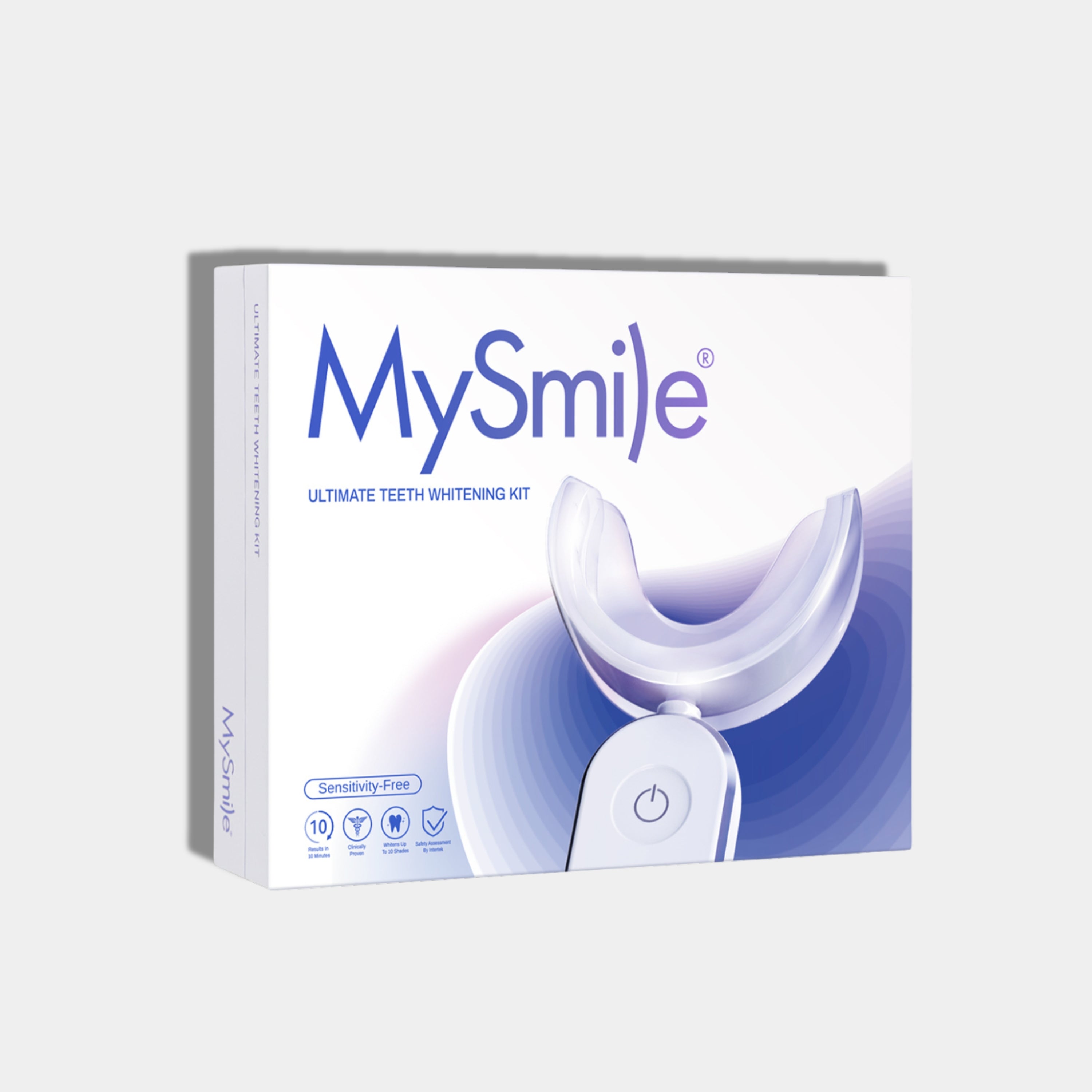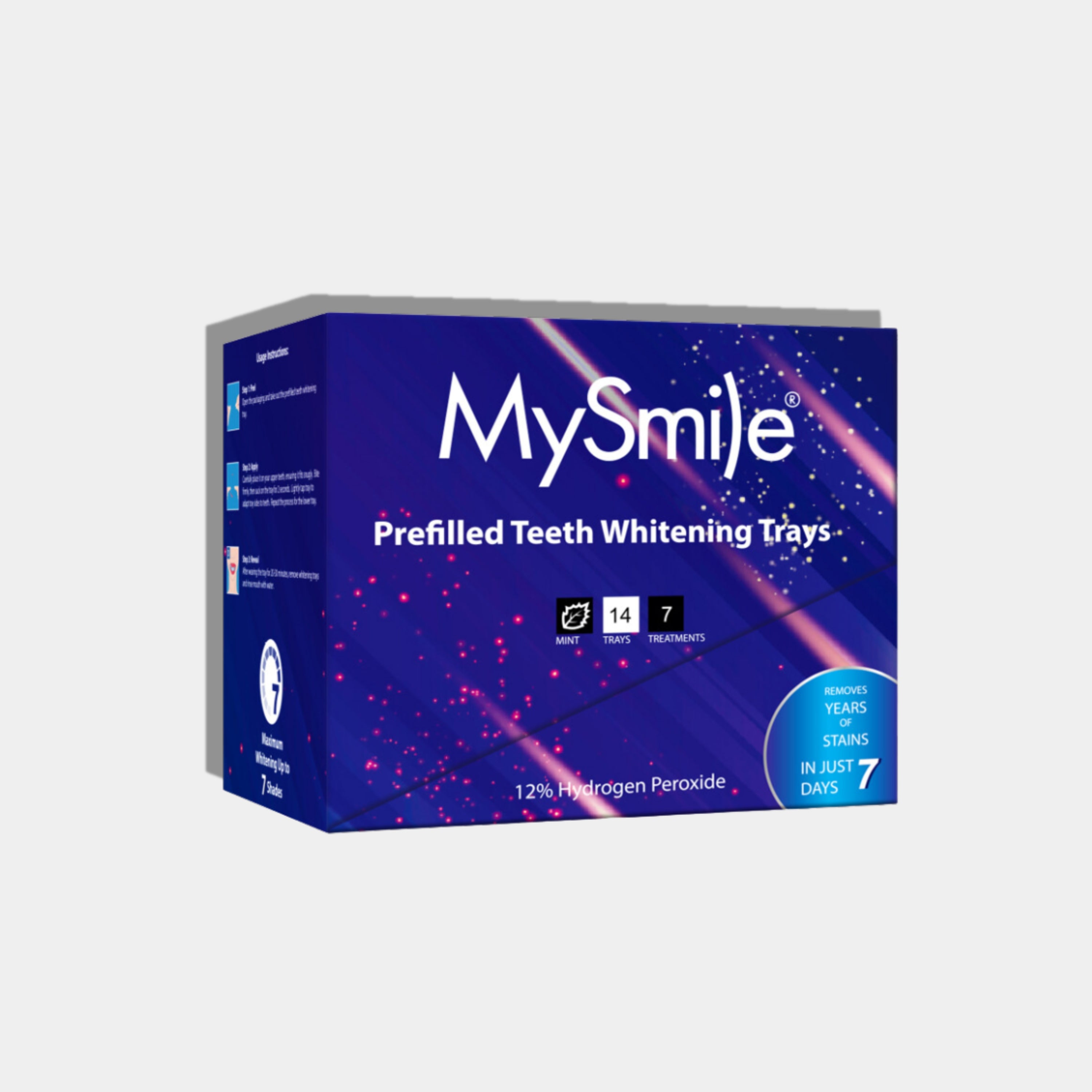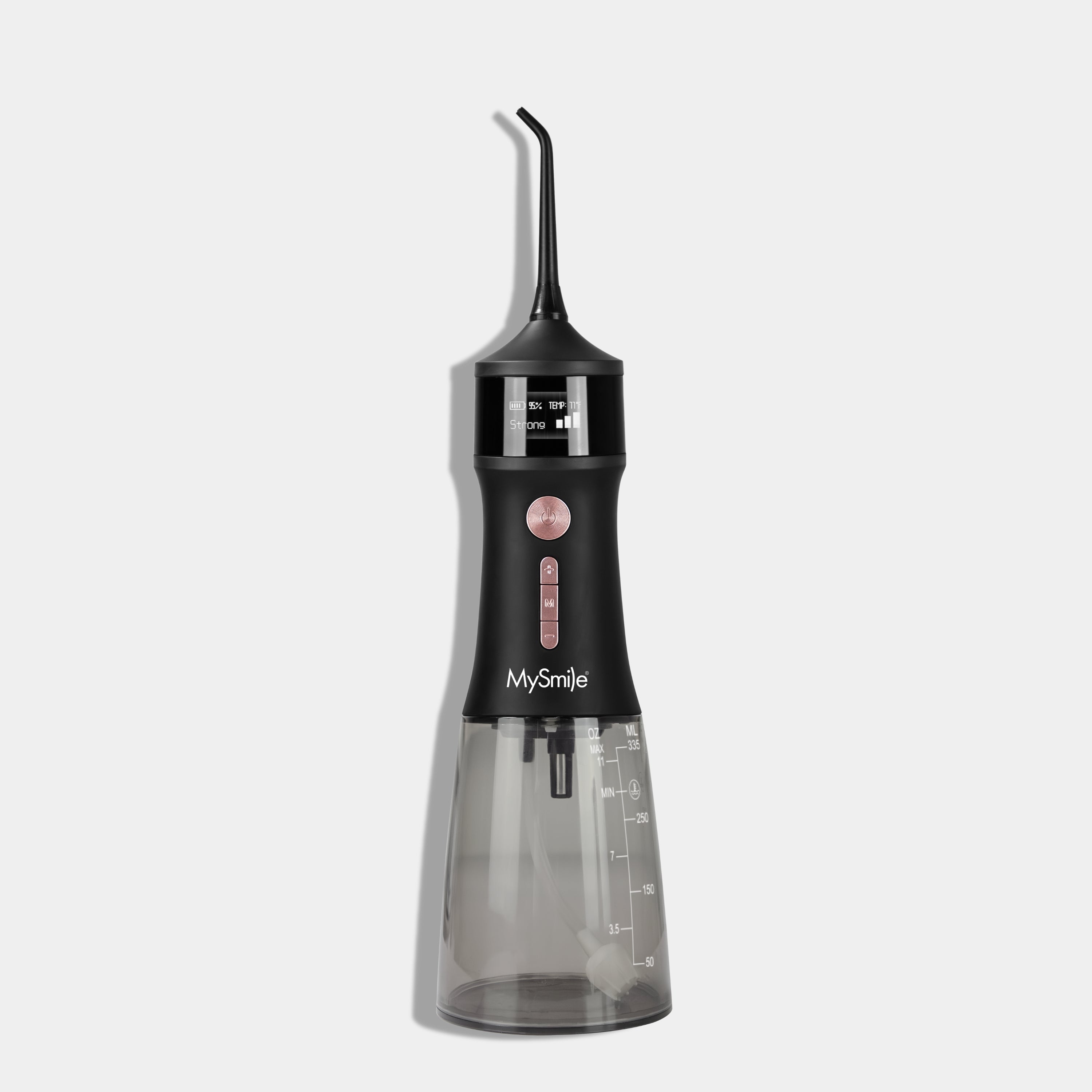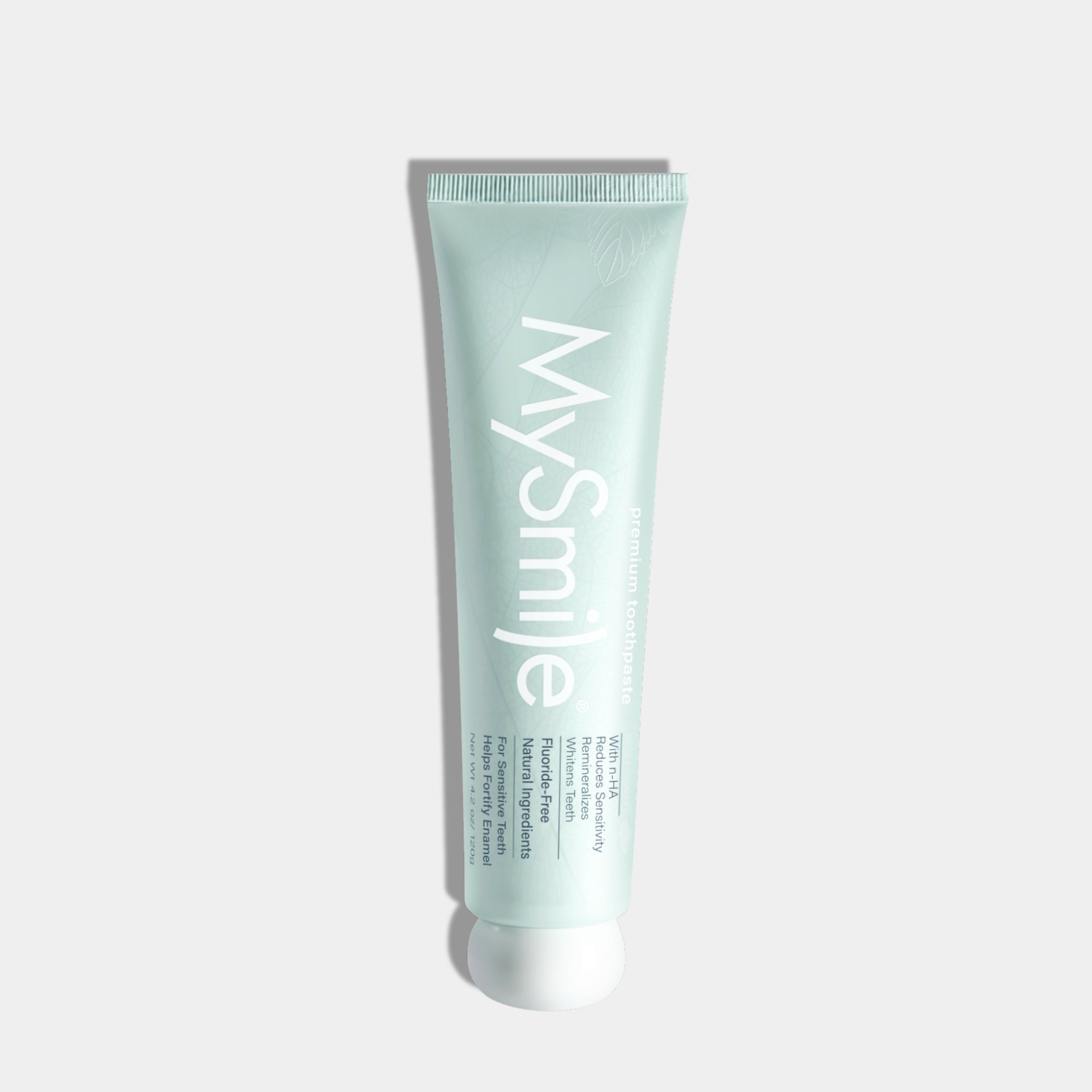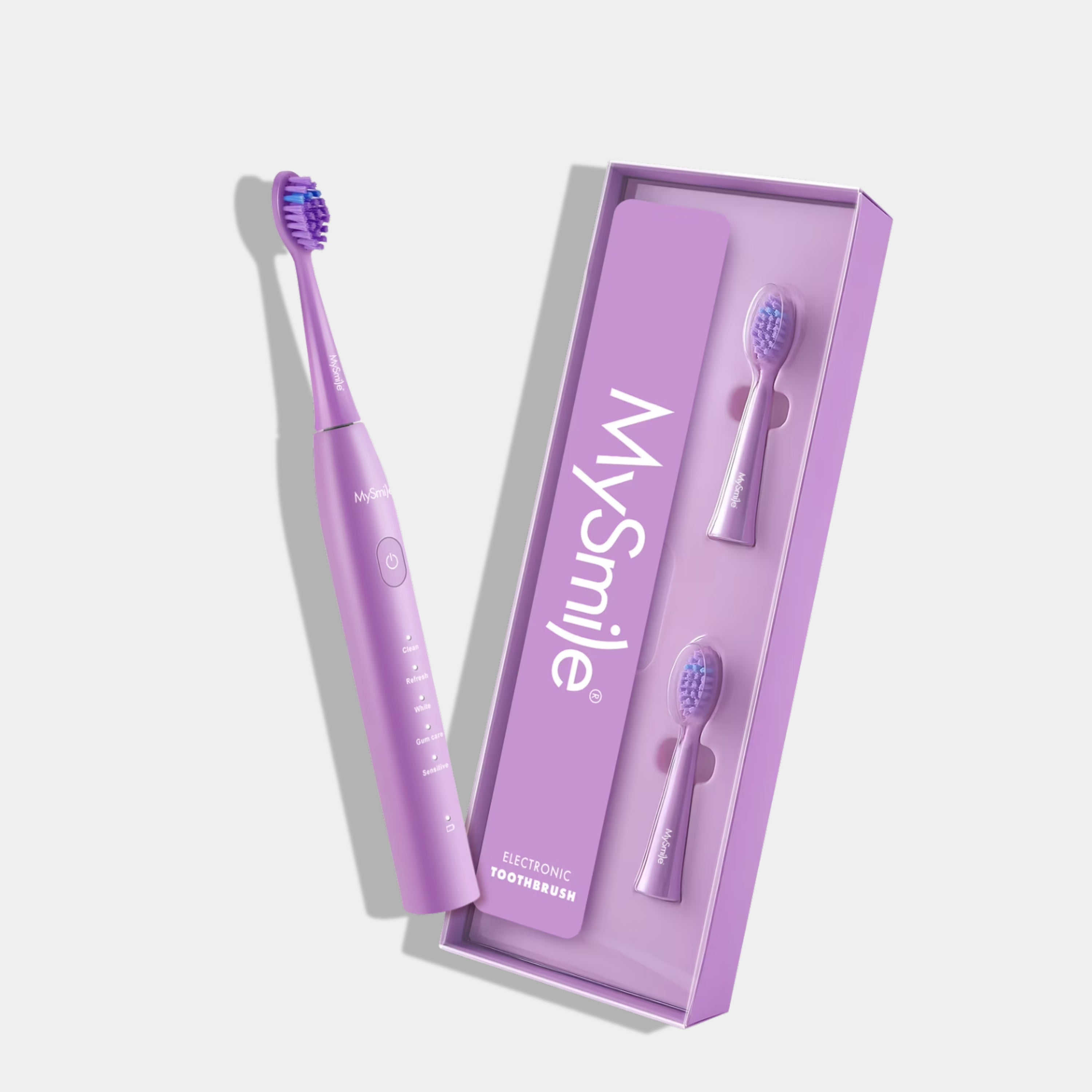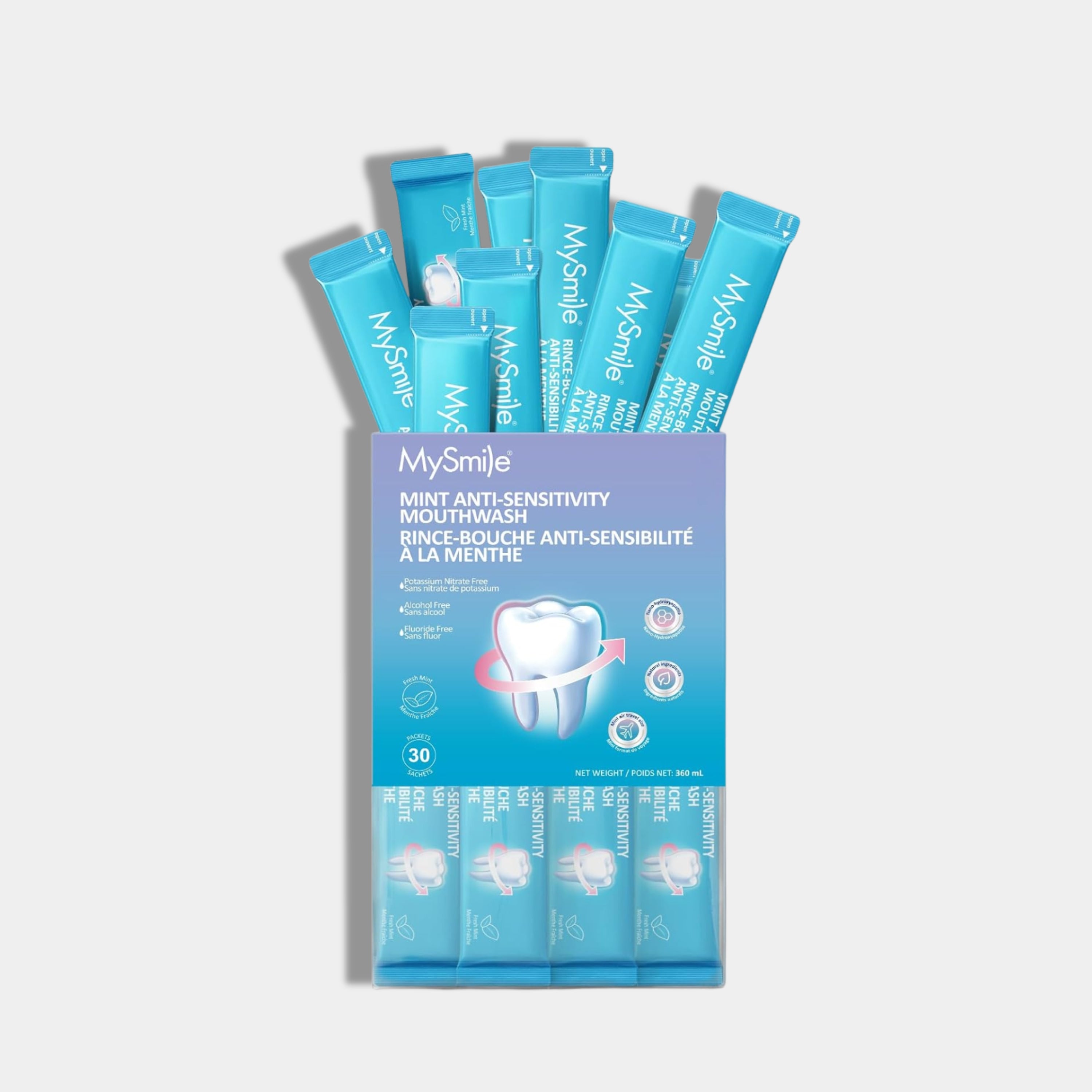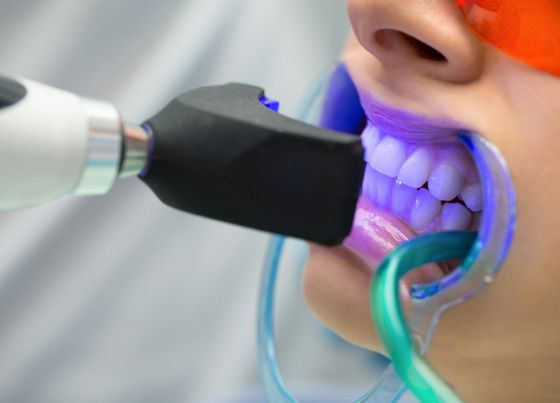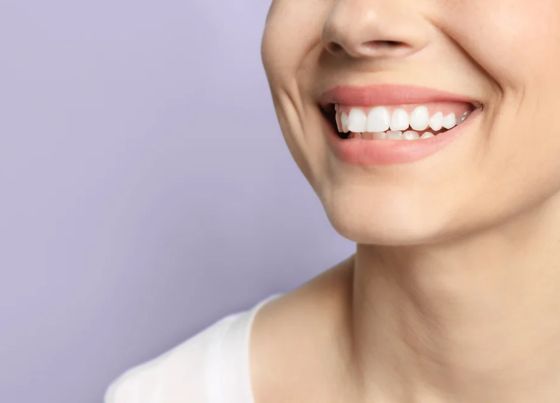The best teeth whitening solution depends on the severity of stains, budget, and sensitivity. Professional treatments, over-the-counter whitening kits, and natural remedies are the three most effective methods for achieving a brighter smile. Laser whitening and custom-fitted trays provide the fastest results, while whitening strips, gels, and powders offer gradual but effective at-home solutions. Homemade teeth whitening solutions like baking soda and hydrogen peroxide can help remove s surface stains but are less powerful than professional products.
Teeth discoloration occurs due to food, drinks, smoking, and aging. Whitening solutions work by removing stains, breaking down discoloration, or neutralizing yellow tones. The right choice depends on individual needs—whether you prefer an immediate transformation with a teeth bleaching solution or a gradual whitening routine with toothpaste and strips.
What Is the Best Teeth Whitening Solution?
The most effective teeth whitening method is professional whitening, followed by peroxide-based whitening strips and gels. Laser teeth whitening provides instant results by using a concentrated bleaching solution activated by light, but it is expensive and may cause temporary sensitivity.
Glamorous Whitening Strips
A peroxide-based solution that gradually removes stains over 7–14 days.
Teeth Whitening Powder
A non-peroxide formula that gently polishes away surface stains for daily maintenance.
Purple Teeth Whitening Powder
A color-correcting powder that instantly neutralizes yellow tones for a brighter smile.
Purple Color Corrector Toothpaste
A daily-use toothpaste that maintains whiteness by balancing discoloration.
Teeth Whitening Pen
A portable, quick-fix solution for whitening on the go, perfect for touch-ups.
While natural remedies and traditional whitening powders help prevent stains, they lack deep stain removal. MySmile products offer a safe, effective, and convenient alternative to achieve a radiant smile without the high cost or discomfort of laser treatments.
Different whitening solutions target different types of stains. Surface stains from coffee and tea respond well to whitening toothpaste and powders, while deep intrinsic stains require stronger bleaching agents like hydrogen peroxide-based gels or professional treatments. Understanding the type of brown stains on teeth helps determine the best method.
Which Teeth Whitening Solution Works Best?
Professional treatments work best for instant whitening, while peroxide-based over-the-counter solutions provide long-term results with continued use. Whitening strips work by applying a thin layer of hydrogen peroxide to teeth, effectively removing surface stains. Whitening gels, often used with LED lights, penetrate deeper into the enamel for stronger whitening effects.
Natural methods such as baking soda and oil pulling do not bleach teeth but help remove plaque buildup that contributes to discoloration. Activated charcoal and hydrogen peroxide rinses are commonly used as homemade teeth whitening solutions, though their effectiveness is lower compared to professional-grade products.
Does Teeth Whitening Solution Expire?
Yes, teeth whitening solutions expire, especially those containing hydrogen peroxide or carbamide peroxide. Over time, these ingredients break down, reducing their effectiveness. Most whitening products have a shelf life of 12 to 24 months. Using an expired product may not cause harm but will be less effective in whitening teeth. Always check the expiration date before use to ensure maximum results.
How Long Should Whitening Solution Stay on Teeth?
The duration depends on the type of whitening product used. Whitening strips are typically worn for 30–60 minutes, while whitening gels used with LED kits require 15–30 minutes per session. Hydrogen peroxide rinses should not exceed one minute, as prolonged exposure can cause gum irritation. For baking soda-based pastes, brushing for 1–2 minutes is sufficient to avoid enamel erosion.
Overuse of whitening solutions can lead to tooth sensitivity and enamel damage. It is important to follow the manufacturer’s guidelines and consult a dentist if experiencing discomfort.
What Are the Best Teeth Whitening Products?
The best teeth whitening product depends on individual preferences and sensitivity levels. Whitening strips are a convenient choice for gradual improvement, while gels and LED kits offer a stronger bleaching effect. Whitening toothpaste with blue covarine or mild abrasives helps maintain whiteness but does not deeply whiten teeth.
For those seeking natural whitening, activated charcoal or baking soda-based products may provide minor stain removal, but they do not offer the same results as peroxide-based solutions. Choosing the best teeth whitening solution requires understanding how different products interact with tooth enamel and stain types.
Many people wonder, is charcoal teeth whitening powder safe for teeth or not? While it can remove surface stains, it may also harm enamel. Learn about its risks, benefits, and safer alternatives in our detailed guide on is charcoal teeth whitening powder safe for teeth?.
Is Hydrogen Peroxide a Safe Teeth Whitening Solution?
Hydrogen peroxide is a commonly used whitening ingredient in both professional and at-home treatments. It effectively breaks down stains but can cause temporary tooth sensitivity if used excessively. Diluted hydrogen peroxide (around 3%) can be used as a mouth rinse for whitening, but it should not replace professional-grade products. Higher concentrations found in professional treatments provide faster results but may cause gum irritation.
What Is the Most Effective At-Home Teeth Whitening Solution?
The most effective at-home teeth whitening solution depends on the type of stains and the level of whitening desired. Below are the best options categorized by effectiveness and purpose:
1. Whitening Strips – Gradual and Convenient Whitening
Teeth Whitening strips provide noticeable results within 7–14 days. They use a thin layer of peroxide-based gel that adheres to teeth, gradually breaking down surface stains. They are ideal for mild to moderate discoloration and are easy to use.
2. Teeth Whitening Gels – Faster, Deeper Whitening
Whitening gels, especially when combined with LED light accelerators, penetrate deeper into enamel, offering faster and more dramatic results in as little as a week. They are perfect for removing deep-set stains caused by coffee, wine, and smoking.
3. Teeth Whitening Powders – Natural Surface Stain Removal
Whitening powders, such as charcoal or baking soda-based formulas, help polish away surface stains without harsh chemicals. These are best used for maintenance rather than deep whitening.
4. Purple Color Corrector Toothpaste – Instant Brightness
Purple toothpaste uses color-correcting technology to neutralize yellow tones, creating an immediate whitening effect. While it does not bleach teeth, it is effective for enhancing brightness instantly.
5. DIY Teeth Whitening – Mild Natural Solutions
Homemade options like baking soda and hydrogen peroxide paste provide mild whitening effects but are less powerful than peroxide-based treatments. Oil pulling and activated charcoal offer limited stain removal but can help with overall oral hygiene.
For best results, combine whitening strips or gels for deep stain removal with whitening toothpaste or powders for long-term maintenance.
How to Get White Teeth Fast?
The fastest method is professional laser whitening, which can make teeth six to eight shades lighter in one session. At-home solutions such as LED whitening kits and peroxide-based gels offer fast results but require consistent use over several days. Strips and toothpaste work more slowly but help maintain white teeth over time.
To enhance results, avoid staining foods and drinks like coffee, red wine, and soda. Regular brushing with fluoride toothpaste and using whitening maintenance products can extend the effects of any whitening treatment.
Best Practices for Maintaining Whitened Teeth
Whitening treatments are only effective if followed by proper oral care. To keep teeth white after treatment:
-
Brush twice daily with whitening toothpaste
-
Use a whitening mouthwash to prevent new stains
-
Limit intake of staining foods and beverages
-
Avoid smoking and excessive coffee or wine consumption
-
Schedule regular dental cleanings to remove plaque buildup
Whitening results can last six months to two years, depending on maintenance and lifestyle habits. Periodic touch-ups with whitening strips or gels help sustain a bright smile.
Conclusion: Choosing the Best Teeth Whitening Solution
The best teeth whitening solution varies based on individual needs. Professional laser whitening provides instant results but comes at a higher cost. Teeth whitening strips and gels offer a balance between affordability and effectiveness. Natural and homemade remedies provide minor whitening but are better suited for long-term maintenance rather than significant whitening. For a safe and effective at-home option, MySmile at-home teeth whitening products offer professional-level results with whitening kits, strips, gels, and powders designed for enamel-safe use.
Selecting the right teeth whitening solution involves understanding the types of stains, desired level of whitening, and budget considerations. Regular use of whitening toothpaste, periodic touch-ups, and maintaining good oral hygiene help prolong the effects of any whitening method.
Investing in a high-quality teeth whitening solution can significantly improve smile confidence, making teeth appear healthier and brighter with consistent care.

